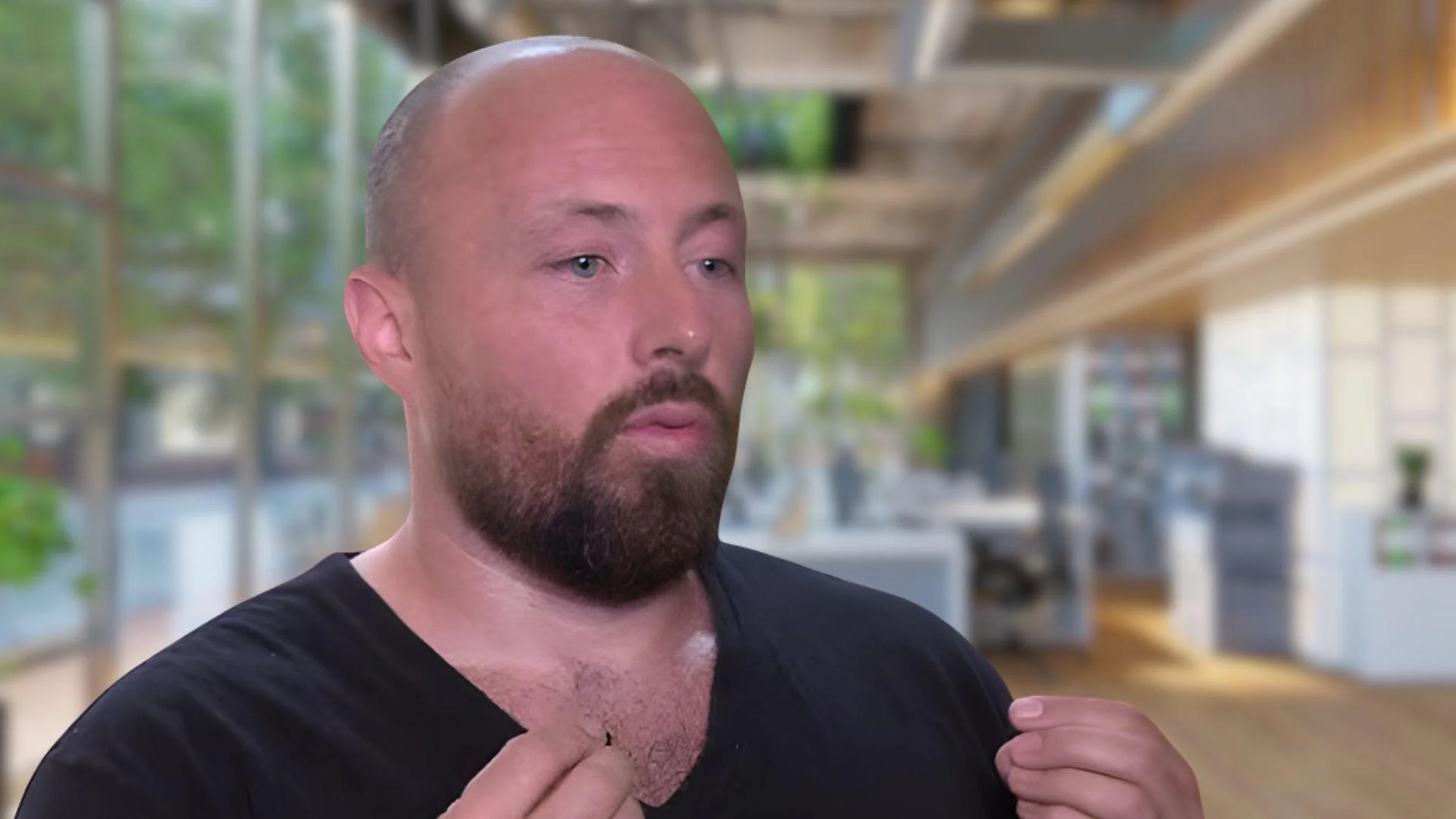
Homeowners need to take care with fireworks displays as their insurance policies may not cover any damaged caused to their home or their neighbor's property. | Chansereypich Seng/Unsplash
Fireworks may be a brilliant addition to the night sky as we celebrate the Fourth of July, but an accidental house fire or injury caused by pyrotechnics may not be covered by your homeowner’s policy.
The specific policy type and facts surrounding the loss need to be considered before a final determination, Kin Insurance Vice President of Claims Clay Rising told Insurance Rate Reporter.
Though fireworks are legal in 49 states, not all types of fireworks are. Also, local laws and regulations covering their use differ.

Rising advises homeowners to make sure which fireworks are legal in your own city or county before setting any off. It’s fortunate that individuals can’t get the same type of fireworks that professionals use, he said, even as fireworks have become legal in more places.
“It’s hard to tell holistically what it will mean in the long run because it is such a new tie with the pandemic out there and people being stir crazy in general,” Rising said. “As with a lot of things, the more that you have in the pool, the more dangerous it is.”
If you're going to use fireworks this holiday, Rising advises that you follow the directions for each type you plan to set off, and take precautions to protect not just your own home but neighboring properties as well. Fireworks embers have been known to travel for miles, he said.
More than anything, Rising recommends using common sense.
“Have a hose," he said. "Have a bucket of water; make sure people are standing far away. Just the run-of-the-mill things that Smokey the Bear will tell you or the local fire department will tell you. Just be smart.”
Before lighting fireworks, Rising said, try to plan the trajectory and potential landing areas to make sure they are free of flammable debris or structures that could be affected by falling embers. Also, fireworks and alcohol consumption are a potentially disastrous combination that should be avoided.
Fireworks are dangerous, period. The NFL had two well-publicized cases in 2015 to help prove that point.
New York Giants defensive end Jason Pierre-Paul had his right index finger amputated after suffering an injury setting off fireworks at his South Florida home, and Tampa Bay Buccaneers cornerback C.J. Wilson lost two fingers as a result of his injury on the same day.
Fireworks are the cause of 19,000 fires and 9,000 injuries each year in the United States, the National Fire Protection Association reports. Those included 1,900 structure fires and 500 vehicle fires.
What to expect if your fireworks damage a neighbor’s home
Homeowners' policies vary in coverage types and the amount of coverage. Your specific policy language and the facts about the loss to your neighbor’s home will be deciding factors on whether fireworks damages are covered.
If fireworks you launched caused damage to your neighbor’s property and it can be confirmed, call your insurance carrier to alert them of potential liability exposure, Rising said. An insurance adjuster will likely ask questions that include: Were the fireworks legal? Who lit the fireworks? Did the fireworks function as intended? How much experience do you have using fireworks? Were the neighbors also using fireworks? Did you receive permission from your neighbors to light fireworks?
You should also contact your carrier if someone else’s fireworks damage your home. The adjuster will ask where the fireworks originated, what documentation you might have about it and the types of damage your home sustained.
When your home is damaged in any way, including fireworks, you must mitigate any damage so it does not cause or create additional damage to your home.
What fireworks are legal in my state?
Again, fireworks regulations vary from state to state. In Florida, the following types of consumer fireworks are allowed: sparklers, smoke and punk, fountains, novelties, crackle and strobe, wheels and spinners. Prohibited fireworks include firecrackers, torpedoes, skyrockets, roman candles, dayglo bombs, and any fireworks containing explosive or flammable comp, according to the American Pyrotechnics Association.
Illinois has a different list of legal consumer fireworks: snakes or glow worms, smoke devices, party poppers, booby traps, snappers and sparklers, the APA said. Prohibited items include handheld fireworks, bottle rockets, firecrackers, torpedoes, skyrockets, roman candles, chasers, buzz bombs, helicopters, missiles, pinwheels and planes.
Michigan allows more types of consumer fireworks, USFireworks reported: bottle rockets, skyrockets, roman candles, firecrackers, sparklers, smoke and punk, fountains, missiles, novelties, crackle and strobe, parachutes, wheels and spinners, sky flyers, display shells and aerial items.
If you plan on using fireworks this weekend, you should do your homework to find out what's legal in your area and, as Rising said, use common sense above all else.






 Alerts Sign-up
Alerts Sign-up